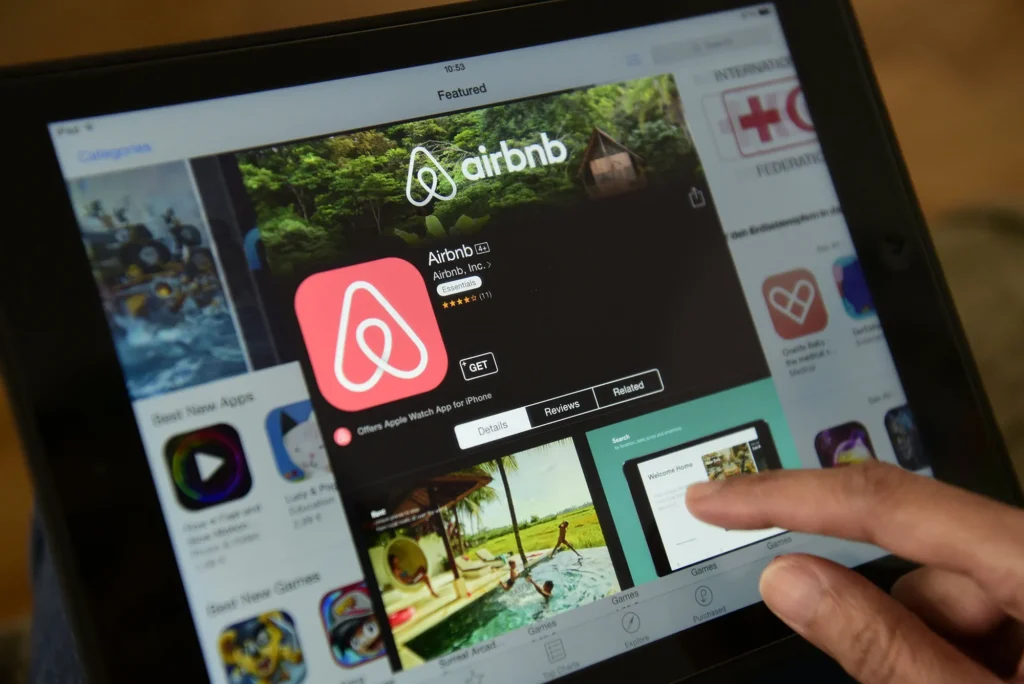Your booking conversion rate is a critical metric that reflects how effectively your listing turns views into actual bookings. Ideally, you want to aim for a conversion rate of at least 4-5%. However, it’s essential to understand that simply increasing traffic to your listing doesn’t guarantee more bookings.
Quality Over Quantity
Many hosts believe that adding their properties to multiple platforms will automatically boost their visibility and bookings. While this can increase exposure, it often does not address the underlying issues within the sales funnel that may be hindering conversions. Without optimising key elements of your listing, simply broadening your reach may not yield the desired results. For a more in-depth breakdown of strategies to lift your ranking in Airbnb search, see Improving Your Airbnb Visibility in the Algorithm.
It’s common for hosts to lower their prices in an attempt to boost conversions. However, this approach can backfire and lead to less revenue. Instead of solely focusing on price reductions, it’s crucial to recognise the sales objections that may be preventing bookings. These objections often manifest as strong “no” responses, such as:
- “My house is your house, not the guests’”: Guests want to feel that they have full access and ownership of the space during their stay, allowing them to relax and enjoy their experience without feeling like intruders in someone else’s home.
- “Excessive fees”: The word “fee” itself can be a significant sales objection. When hosts impose multiple fees—like those for extra guests, additional pets, or cleaning—it raises red flags for potential guests. They may feel that the total cost is becoming unmanageable, leading to hesitance in their decision to book.
- “Negative reviews or insufficient positive feedback”: Bad reviews can deter potential guests, while a lack of positive reviews fails to instil confidence in your listing. Additionally, not responding to reviews may signal that you are not an attentive host, further discouraging bookings.
- “Cancellation policies are too strict”: Rigid cancellation policies can make guests feel insecure about their commitment, especially during uncertain times. They want the confidence that they can recover their money if plans change. A more flexible cancellation policy can enhance guest trust and encourage bookings.
- “I need more amenities”: If your property lacks essential features that travellers prioritise, they may choose alternatives.
- “NO PARTIES, NO LOUD MUSIC, NO HAVING FUN”: Strong language can be a turn-off for guests looking for a more relaxed environment, leading them to seek other options.
- “Feeling restricted”: Potential guests may hesitate if they sense limitations on their experience, worrying it may impact their enjoyment.
Identifying these objections can help you understand why potential guests might hesitate to book, allowing you to strategize more effectively moving forward.




